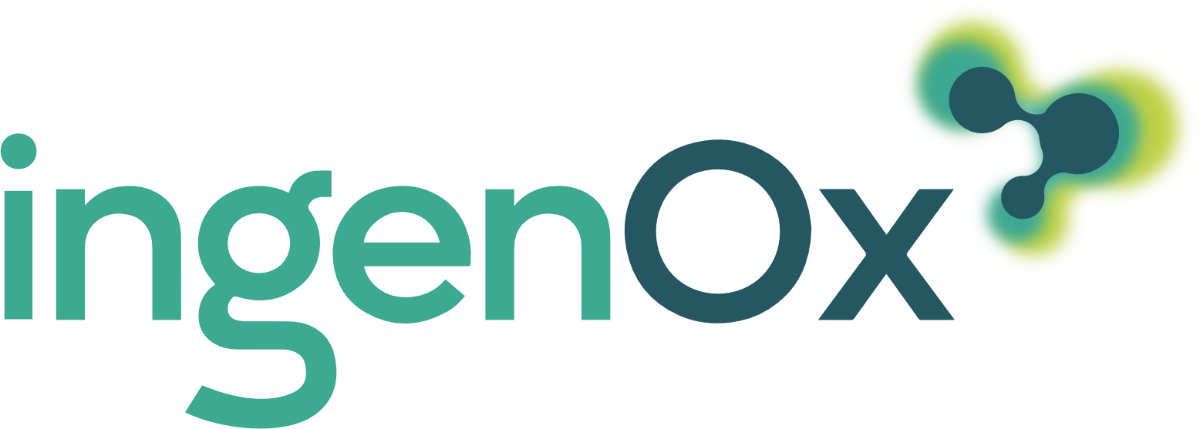Download Press Release as a PDF
IngenOx Therapeutics, the Oxford biopharma company announced today that the Hong Kong Drug Office had given approval for a Phase II clinical trial to proceed in treatment-resistant hepatocellular cancer (HCC) patients, combining its drug zabadinostat with an immune checkpoint inhibitor.
Immune checkpoint inhibitors (ICI) are being increasingly used in the treatment of advanced HCC liver cancer. Although some patients show lasting responses, the development of resistance to therapy is common. Collaborative academic research has shown that IngenOx’s zabadinostat reverses resistance to immune checkpoint resistance in pre-clinical HCC models.
These results provide a scientific rationale for the clinical development of zabadinostat in combination with an ICI, as a therapy for liver cancer which has become resistant to checkpoint blockade therapy. IngenOx is supporting the Phase II clinical trial which is designed to test the safety and effectiveness of zabadinostat combined with a checkpoint inhibitor in ICI-resistant HCC patients, compared with a tyrosine kinase inhibitor such as lenvatinib or sorafenib.
Obtaining Hong Kong Drug Office Approval and issuing the Clinical Trial Certificate is a key milestone in moving the study towards to first-patient-in.
David Kerr, CMO of IngenOx and Professor of Cancer Medicine at the University of Oxford, commented:
“The compelling findings from the pre-clinical studies give us increased confidence that we can recapitulate these encouraging results in man. Our sophisticated trial design will give us clinical data to seek accelerated approval from the regulatory authorities but stay true to our commitment to precision medicine by generating additional potential biomarkers to further improve clinical outcomes.”
Notes:About IngenOx Therapeutics
IngenOx Therapeutics is a bio-pharmaceutical company focused on delivering new precision medicine drugs and vaccines to treat the most difficult cancers, often referred to as cold tumours. It is a spinout from the University of Oxford, and is located in the Oxford Science Park, UK. Its pipeline comprises early to late-stage products that work in different ways to activate the immune response against clinically unmet cancers, and which are generally poorly recognised by the immune system. An exciting proprietary platform technology focusses on precision cancer vaccines that act by targeting the immune response to a novel source of cancer antigens.
The company’s approach seeks to align the right drug with the right patient enabling a targeted precision medicine approach to cancer therapy. It has also built a proprietary platform around re-educating the body’s immune system to recognise and destroy tumours. The assets in its pipeline have displayed convincing clinical benefits to late-stage cancer patients through disease control, tumour shrinkage, reduced side effects, and extended survival times.
In 2016, the company secured institutional investment from a consortium of South Korean investors to advance its oncology assets. In 2019, additional investment was received from JW Pharmaceuticals, Oxford Science Enterprises, and a number of private investors. In 2020, the company incorporated SynOx Therapeutics, which was later spun out after securing investment from a group of European blue-chip VCs. It has signed global license partnerships with AstraZeneca and Roche
